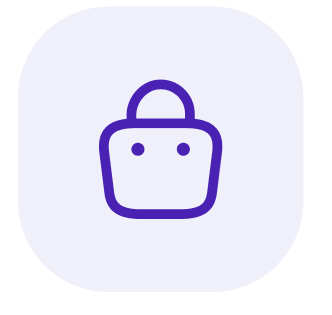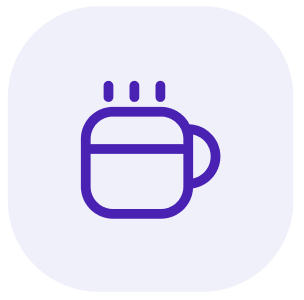The beauty and personal care industry is regarded as one of the most robust consumer goods categories in Africa. Despite the interruption caused by Covid-19, the industry was estimated at around $10 billion, with Nigeria accounting for over $1.2 billion.
Our most recent report explores the forces driving the trends that keep the Nigeria Beauty and Personal Care market afloat in the face of inflation and the Covid pandemic.
In this blog post, we explore the journey of a beauty consumer in Nigeria and provide insights into their behaviour, needs and wants, giving you the tools to find your next best customer.
Awareness
Nigerian spending on beauty has surged as a result of the recent advent of social commerce.
- Influencers use Facebook, Instagram, TikTok, Twitter, YouTube, etc to promote beauty products and services. Social media influencers were mentioned as a source of inspiration to patronize new companies and products by 22% of our respondents.
- When asked about their expectations for beauty content, 38% of our respondents stated product reviews tailored to their skin type and content teaching beauty tips and techniques were high priorities.
- An important conclusion from this feedback is that platforms like Instagram are becoming a location for consumers to discover beauty products and, as a result, must be a focus for companies to be represented, active, and shoppable.
Consideration
According to our findings, respondents did not have a particularly tough time finding makeup companies that suited their skin.
- Instead, the most significant obstacle to purchasing makeup in Nigeria was the inability to try the product before purchase.
- However, in the skincare category, 44% of our respondents said that sampling was not as aggravating to them. This leads us to the notion that, when it comes to skincare, Nigerian consumers understand that the efficiency of the product cannot be determined by a small sample trial.
- We identified the importance of sampling in the sales cycle for any makeup or skincare brand operating in the country.
- Personalizing product suggestions and experience services such as skin analysis might alleviate the need for makeup trials or to address skin issues.
Purchase
Finally, for the purchasing stage of the consumer experience, we wanted to know what elements influence the conversion from consideration to purchase.
- 20% of our respondents spend an average of NGN21,000 to NGN50,000 annually on beauty and personal care goods, and 81% said they make their purchases monthly.
- In terms of where Nigerians purchase their beauty and personal care goods, offline remains the most popular shopping method, with 12% of our respondents saying they buy their products from open marketplaces.
Post-purchase
After purchase, it’s important to keep the buyer in the funnel with reengagement.
- Collecting reviews of products and magnifying product information has worked for many Nigerian brands.
- To keep customers coming back, it’s important to keep them engaged with continued content. Create community by encouraging conversations.
- Reward customer loyalty and incorporate their feedback into products.
Conclusion
Our research shows that customers in the Nigerian beauty and personal care sector prefer a domestic approach to product design, promotion, and sales. The market’s scalability will be heavily dependent on businesses’ ability to adjust their strategy to the domestic demands of the consumer in order to make their shopping trip as simple as possible.
The report will undoubtedly help stakeholders with an interest in the wide market to uncover insights to promote their enterprises for prosperity in the coming year.
Download the full report here.











